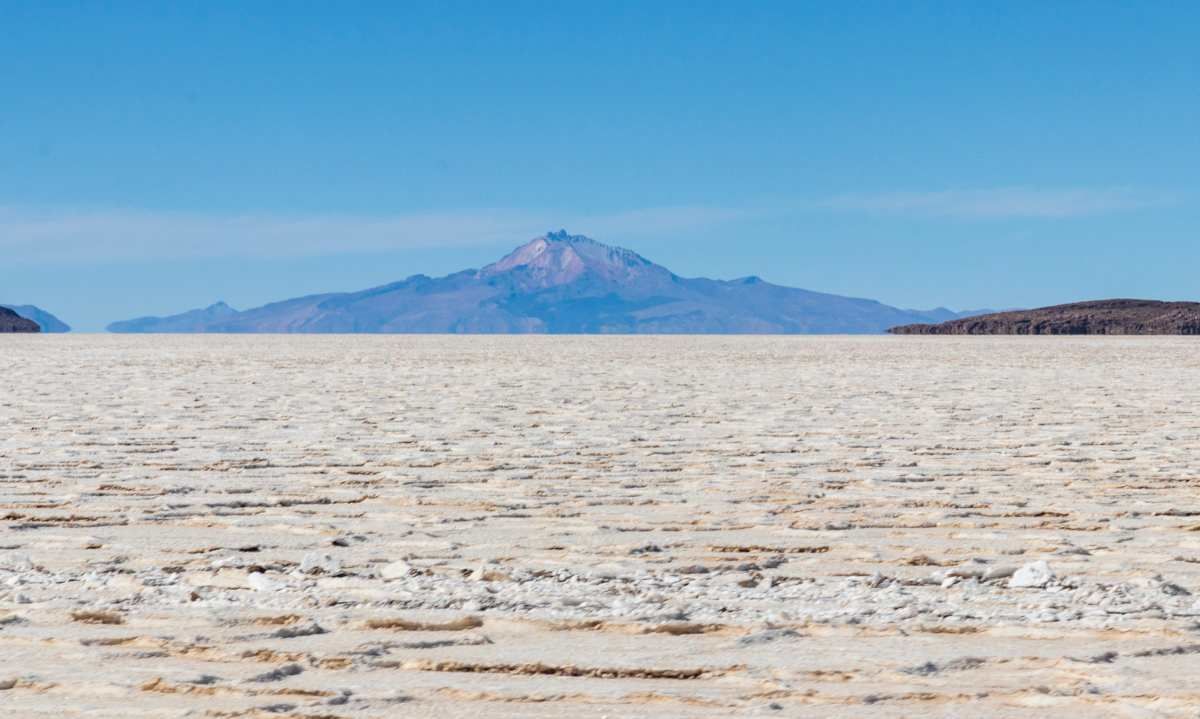
Bolivia’s history of political and social unrest and a state-led approach to natural resources have been deterrents to private capital — as is a recent plunge in lithium prices in a glutted market.
Bolivia, home to the planet’s largest lithium deposits, is ramping up its initiatives to establish a foothold in the global lithium market. Despite facing low lithium prices and mounting resistance from lawmakers and civic groups, the country is forging ahead with ambitious plans to build processing plants with new international investors.
Expanding Industrial Capacity
In late 2023, Bolivia inaugurated its first industrial-scale lithium plant, developed by a Chinese consortium. This marked a pivotal step in the nation’s lithium strategy. Deals with Russia’s Uranium One Group and another Chinese consortium were signed last year, aiming to further expand Bolivia’s lithium processing capabilities. These agreements, however, still require congressional approval.
“With the two new contracts, we plan to reach 49,000 tons of lithium carbonate annually within three years,” stated Omar Alarcón, president of Bolivia’s state-owned lithium company, YLB. He added that a new contract is expected to be sent to Congress in the first quarter of the year. Authorities are also negotiating agreements with European and Australian companies, signaling a broadening of Bolivia’s investment horizons.
Challenges in Unlocking Bolivia's Lithium Potential
Despite having significantly larger reserves than neighboring Chile, Bolivia’s contribution to global lithium supply remains negligible. The Uyuni salt flats, where most of Bolivia's lithium is found, pose unique challenges. High levels of magnesium in the brine make lithium extraction more expensive, and the lack of nearby infrastructure adds logistical hurdles, with the nearest port located over 500 kilometers away.
To address these issues, Bolivia is banking on direct lithium extraction technologies. A $970 million contract with Uranium One signed in September involves building a plant with a capacity of 14,000 tons annually. Another $1 billion deal with China’s Catl Brunp and CMOC aims to establish two plants producing 35,000 tons per year.
Controversy and Opposition
The new agreements have sparked criticism from some lawmakers, researchers, and non-governmental organizations. Opposition legislator Juan José Torrez criticized the contracts for their alleged lack of transparency and called for increasing royalties from 3% to 11%. Civic groups have also staged protests, demanding Congress reject the deals.
Alarcón dismissed these criticisms as politically driven, asserting that Bolivia retains majority control in the ventures and will oversee lithium sales. He emphasized that the state’s financial exposure is minimal, as repayment of investments will only begin once the plants reach full operational capacity.
A Strategic Gamble
The nearly $2 billion in investment will be repaid through lithium carbonate sales over an estimated 10 years, with Russia and China serving as preferential buyers. Although the agreements are based on a lithium price of $30,000 per ton, Alarcón noted that a minimum price of $10,000 per ton is necessary to maintain the plants’ commercial viability, aligning with current market rates.
Bolivia’s track record in lithium production, however, has been less than stellar. YLB’s first plant operated at just 17% of capacity in 2023 and is projected to reach only 23% this year, leaving questions about its ability to scale production.
The Road Ahead
Alarcón emphasized the importance of the new agreements in realizing Bolivia’s lithium potential. Without them, industrial-level production could be delayed by up to 15 years, a scenario he described as catastrophic for the nation.




